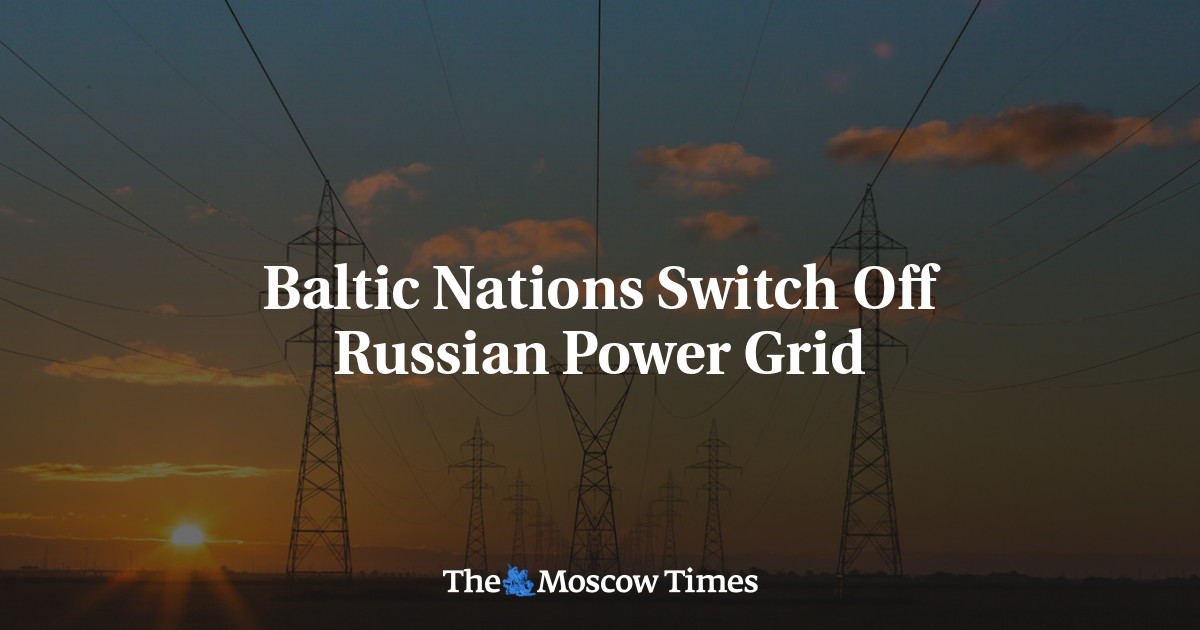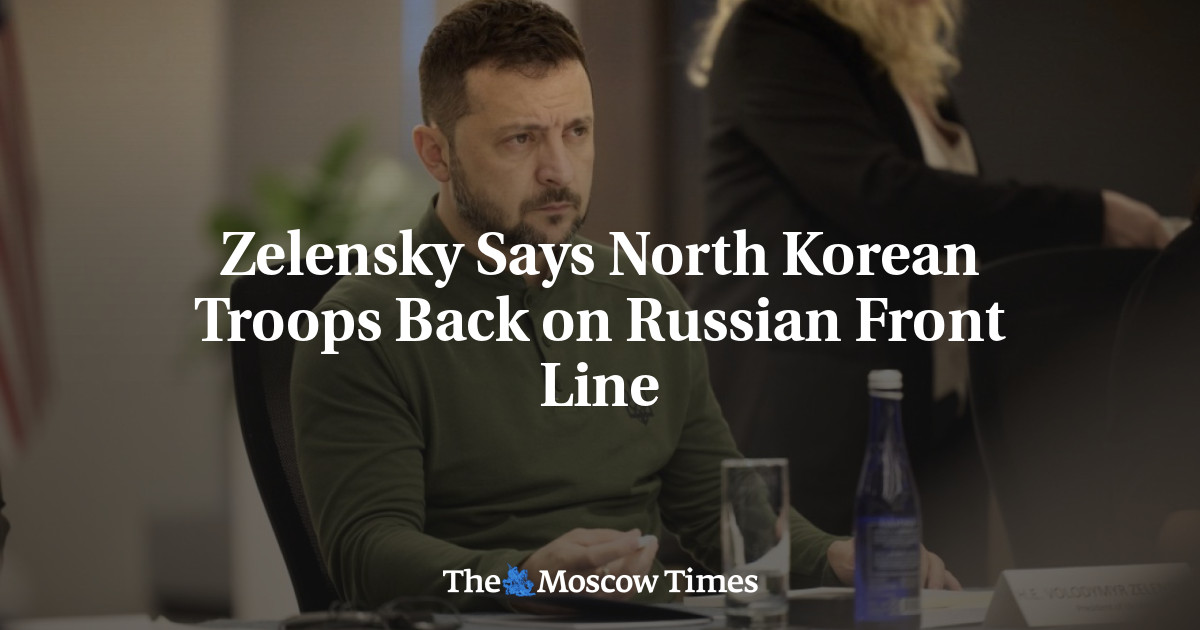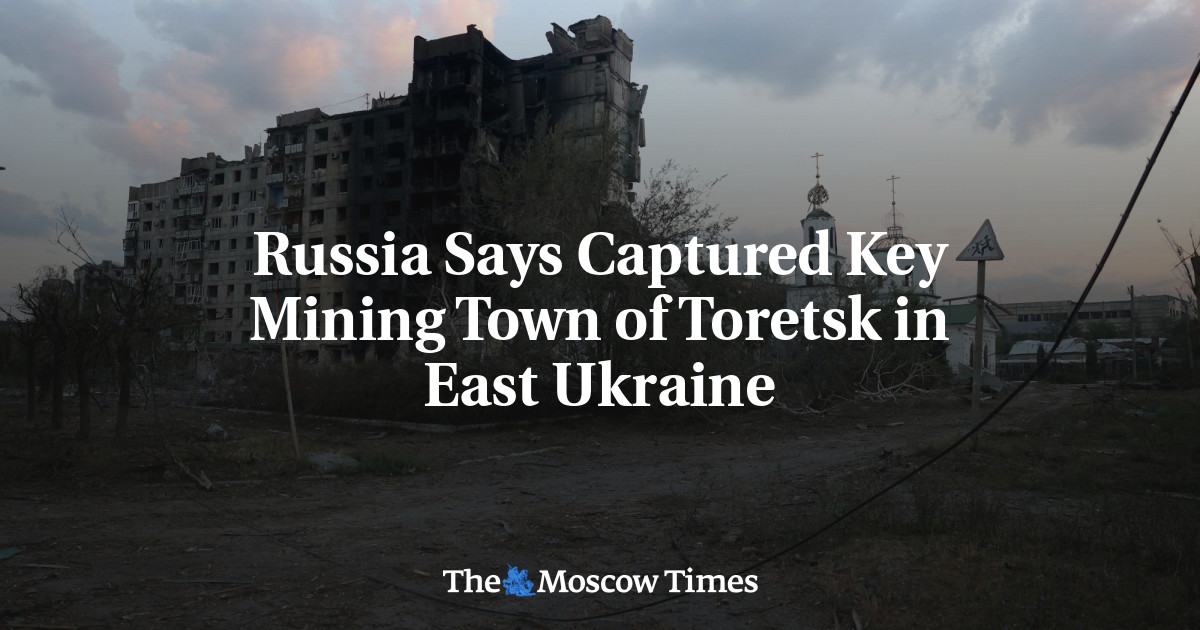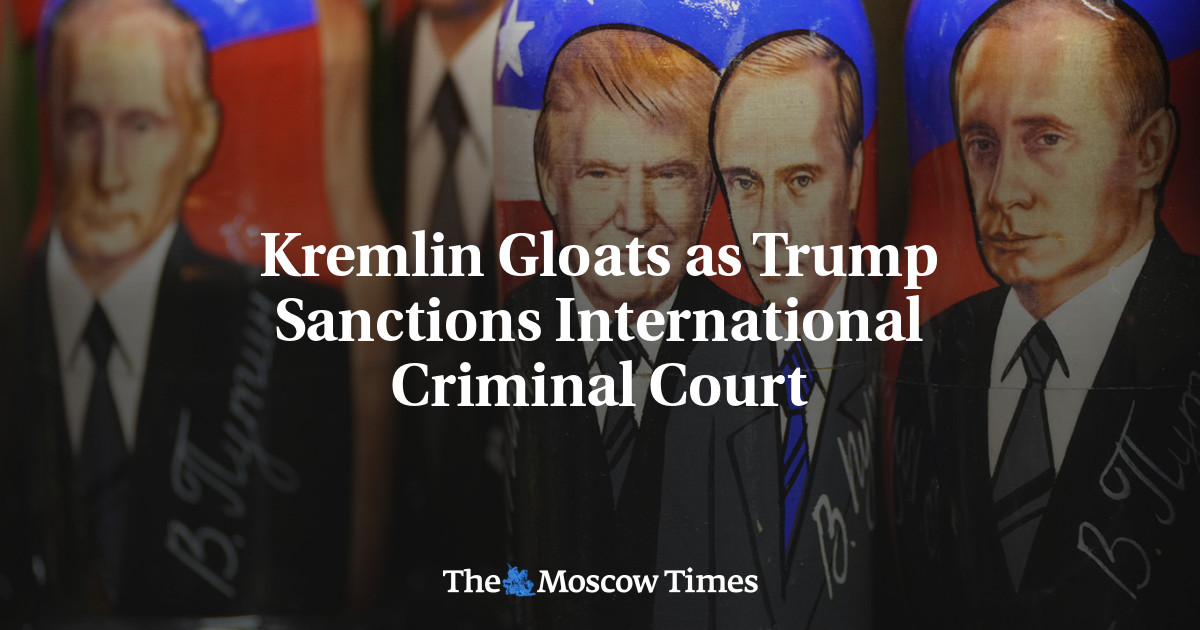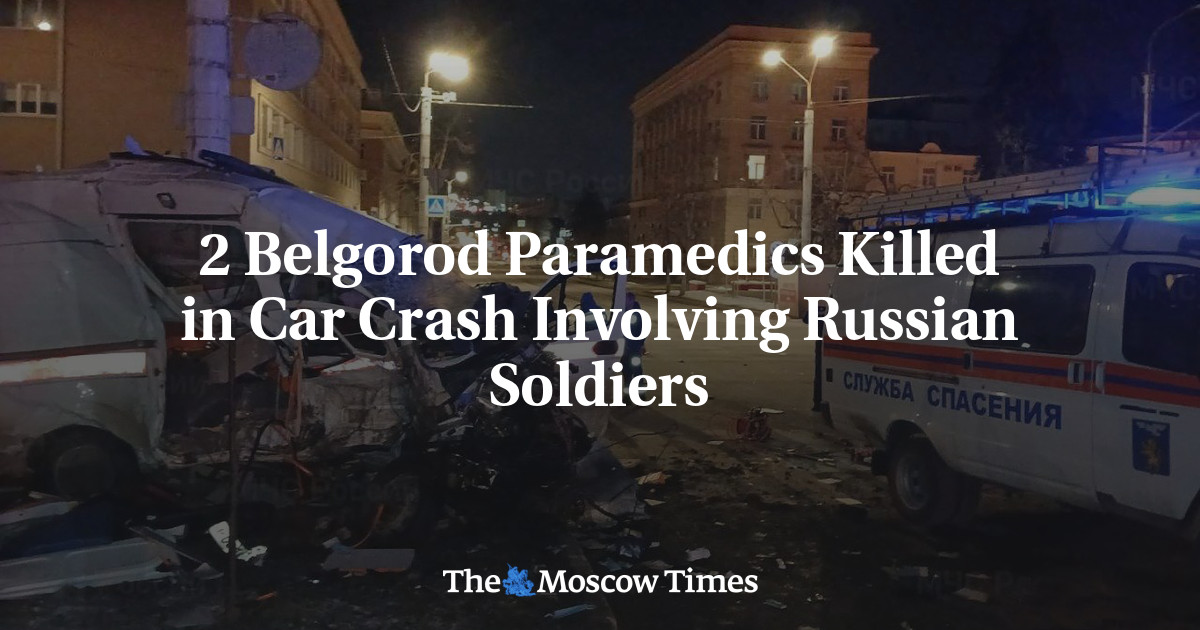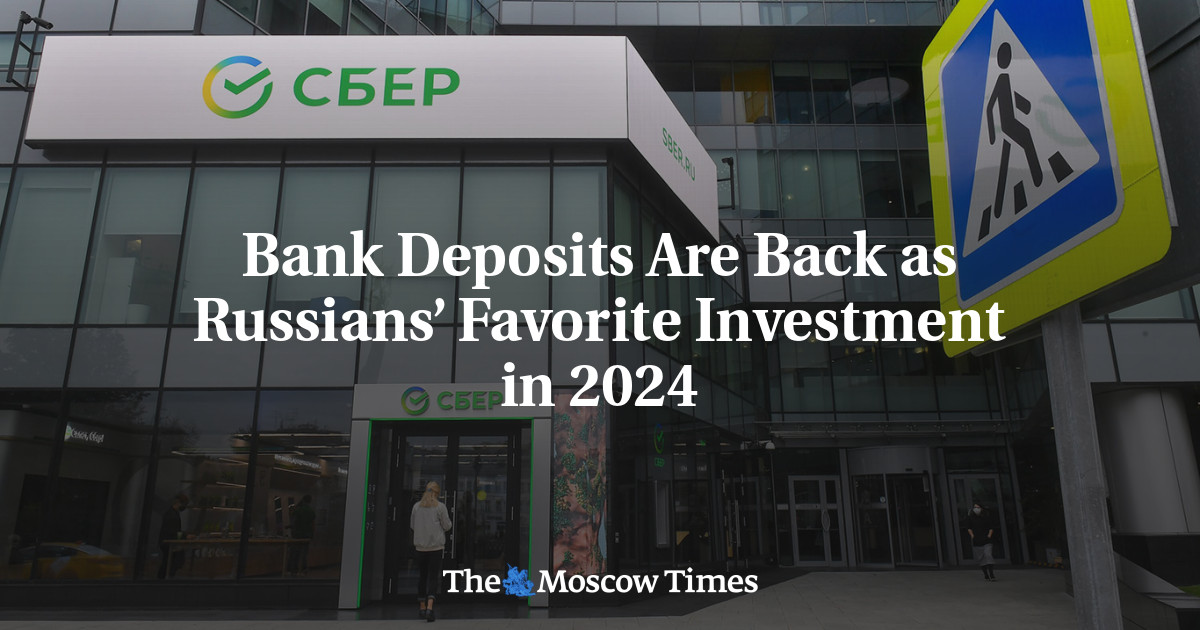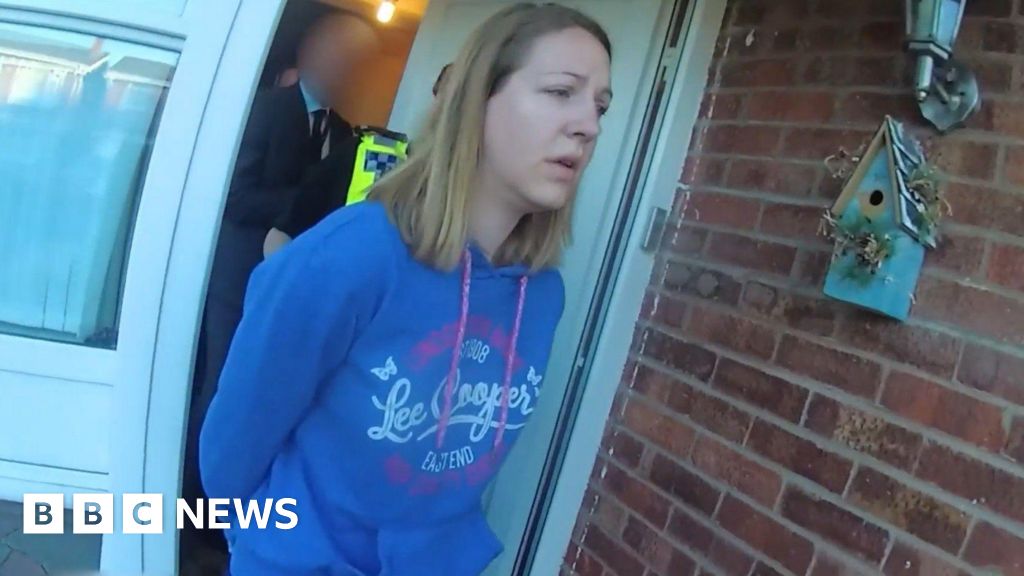Ukraine’s Center for Countering Disinformation condemned the viral Russian pop song “Sigma Boy” as a tool of “information warfare.”
The center, which operates under Ukraine’s National Security and Defense Council, claimed that while the song may seem harmless, it is part of Russia’s broader efforts to “cement its narratives and cultural influence.”
The song’s title refers to the internet term “sigma boy,” used to describe a young man who is independent, successful and nonconformist.
However, Ukrainian officials argue that the song promotes a positive image of Russia among young people, reinforces the archetype of a “strong leader” and encourages ideas of dominance, masculinity and disdain for perceived weakness.
The song, written by Mikhail Chertishchev and performed by his 11-year-old daughter, Svetlana Chertishcheva — known by her stage name Betsy — along with 12-year-old Maria Yankovskaya, has amassed over 73 million views on YouTube since it was released in October.
It has sparked criticism from both European politicians and Russian Orthodox traditionalists.
German politician Nela Riehl claimed the song introduces “patriarchal and pro-Russian worldviews” and could be an example of “Russian infiltration of popular discourse through social media.”
Meanwhile, the ultra-conservative Russian Orthodox movement Sorok Sorokov accused its creators of sexualizing children and urged the Russian Prosecutor General’s Office to investigate.
Songwriter Chertishchev has dismissed the allegations, suggesting that critics like Sorok Sorokov are themselves trying to sexualize children in their interpretation of the song.
A Message from The Moscow Times:
Dear readers,
We are facing unprecedented challenges. Russia's Prosecutor General's Office has designated The Moscow Times as an "undesirable" organization, criminalizing our work and putting our staff at risk of prosecution. This follows our earlier unjust labeling as a "foreign agent."
These actions are direct attempts to silence independent journalism in Russia. The authorities claim our work "discredits the decisions of the Russian leadership." We see things differently: we strive to provide accurate, unbiased reporting on Russia.
We, the journalists of The Moscow Times, refuse to be silenced. But to continue our work, we need your help.
Your support, no matter how small, makes a world of difference. If you can, please support us monthly starting from just $2. It's quick to set up, and every contribution makes a significant impact.
By supporting The Moscow Times, you're defending open, independent journalism in the face of repression. Thank you for standing with us.
Continue
![]()
Not ready to support today?
Remind me later.
 (1).png)
 1 day ago
1
1 day ago
1

